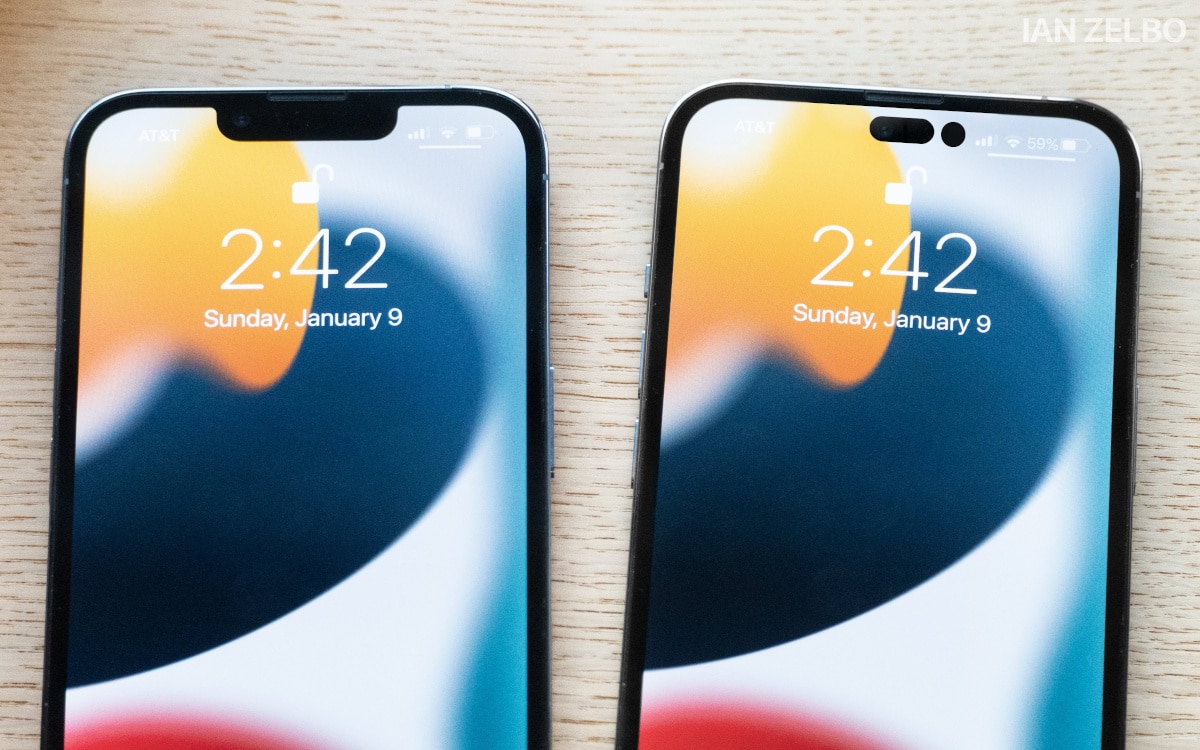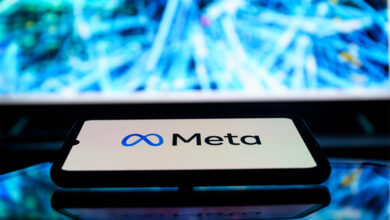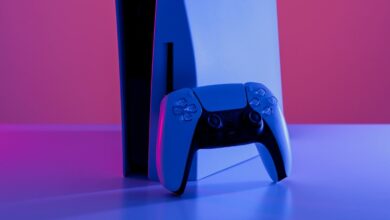
The iPhone 14 Pro will unsurprisingly be Apple’s most powerful smartphone when it releases in September 2022, but that wouldn’t just be thanks to its processor. The device would ship 8 GB of RAM, against 6 GB on the iPhone 13 Pro.
The current iPhone 13 Pro and 13 Pro Max use 6GB of RAM, compared to just 4GB on the 13 and 13 mini models. That’s far less than most Android smartphones in this price bracket, which most often use a minimum of 8GB of RAM. For the new generation of iPhone 14 Pro, Apple may well align itself with its competitors for the first time.
According to leaker “yeux1122” on Korean blog Naverthe iPhone 14 Pro and Pro Max would use 8 GB of RAM, a first at Apple. Smartphones would therefore finally have the same amount of RAM as high-end Android smartphones, although these mostly go up to 12 GB, or even 16 GB of RAM for some models.
iPhone 14 and 14 Max models still stuck at 6 GB of RAM?
Although the iPhone 14 Pro and 14 Pro Max will likely benefit from 8 GB of RAM, the increase should be the same on the more affordable models, the iPhone 14 and 14 Max.. These could benefit from 6 GB of RAM, an additional 2 GB compared to the iPhone 13 and 13 mini. Together with an overpowered, but still 5nm A16 chip, those extra gigabytes of RAM should help make the next generation even faster.
The increase in RAM on the Pro and Pro Max models is not really a surprise, since analyst Jeff Pu had already announced that Apple would equip its smartphones with 8 GB of RAM. The analyst had also announced that the devices would use a photo configuration with three cameras, with a main sensor of 48 MPa 12 MP ultra wide-angle sensor as well as a 12 MP telephoto lens.
The switch to a 48 MP sensor would also be a first for Apple, which has been using 12 MP wide-angle sensors for many years. This new sensor would finally allow iPhone 14 Pro and 14 Pro Max to film in 8Kseveral years after Android smartphones.
Source: Naver



